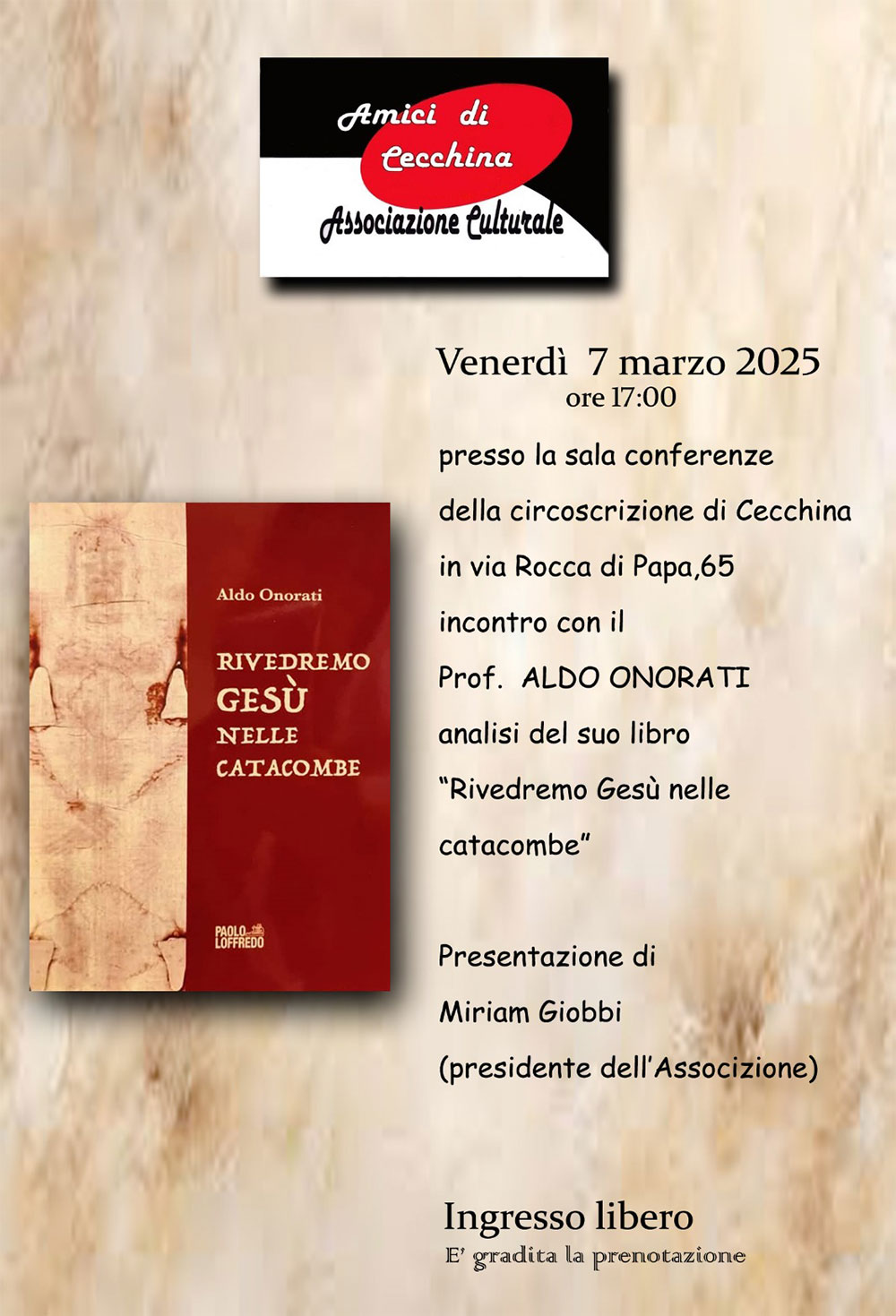 Paolo Loffredo, sixth generation of a large family of publishers and booksellers engaged in the production and distribution of books since the late nineteenth century, creates in 2012 the new editorial company Paolo Loffredo Editore. The historical site was until the '80s in the heart of the historic centre of Naples in Via San Biagio dei Librai, lower Decumano and also known as the SpaccaNapoli.
Paolo Loffredo, sixth generation of a large family of publishers and booksellers engaged in the production and distribution of books since the late nineteenth century, creates in 2012 the new editorial company Paolo Loffredo Editore. The historical site was until the '80s in the heart of the historic centre of Naples in Via San Biagio dei Librai, lower Decumano and also known as the SpaccaNapoli.
At the beginning of the twentieth century, Giuseppe Loffredo decided to add book selling to the book production, which definitively imposed itself after World War II with the publication of manuals for the University and for the School that succeeded in establishing themselves soon throughout Italy.
LAST EVENT
"Rivedremo Gesù nelle catacombe"
07 Marzo 2025 - Sala Conferenze circoscrizione di Cecchina - via Rocca di Papa 65, Albano Laziale (RM) - ore 17,00

Etnografia e netnografia. Riflessioni teoriche, sfide metodologiche ed esperienze di ricerca
ISBN 978-88-32193-42-8
Language: Italian
Publisher: Paolo Loffredo Editore Srl

Description
Etnografia e netnografia. Riflessioni teoriche, sfide metodologiche ed esperienze di ricerca
This book is the result of a long confrontation between colleagues from different academic and disciplinary contexts. They use the ethnographic and netnographic approach as fundamental helps for their empirical research. The ecumenical way of seeing which the text shows is inspired by the desire to create bridges and links between disciplines to overcome the barriers impeding different kinds of knowledge to talk to each other.
The essays are about contemporary themes and discuss ethnographic research, which is nowadays complicated by the new media from web 2.0. Each one of the essays is about new questions and dilemmas every researcher tries to understand and solve by using their experience. In order to comprehend and exploit this kind of research, there is a strong need of practical experience; that is the only way to overcome ethical and methodological dilemmas.














